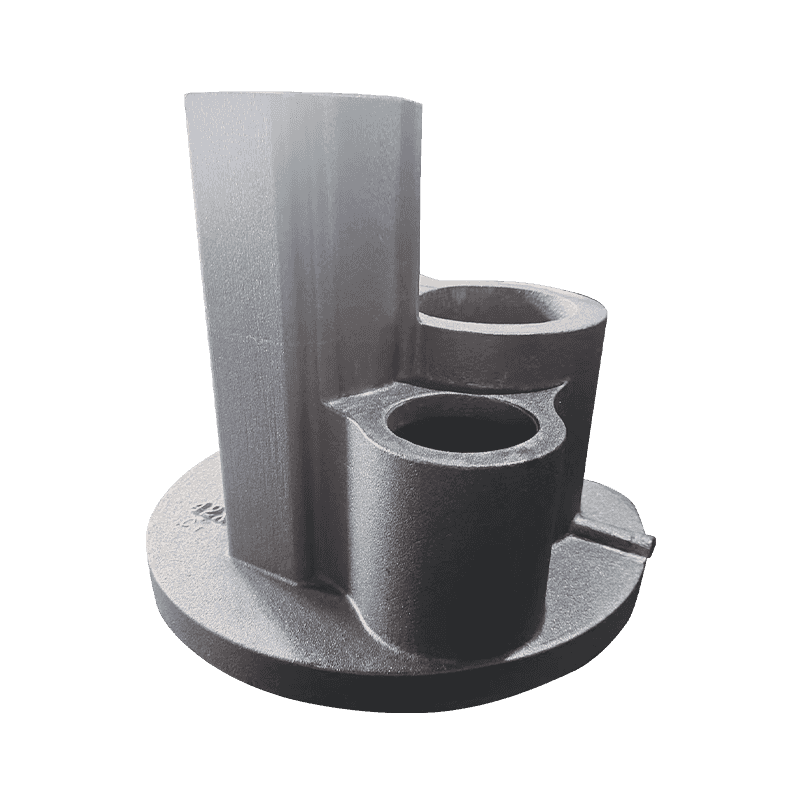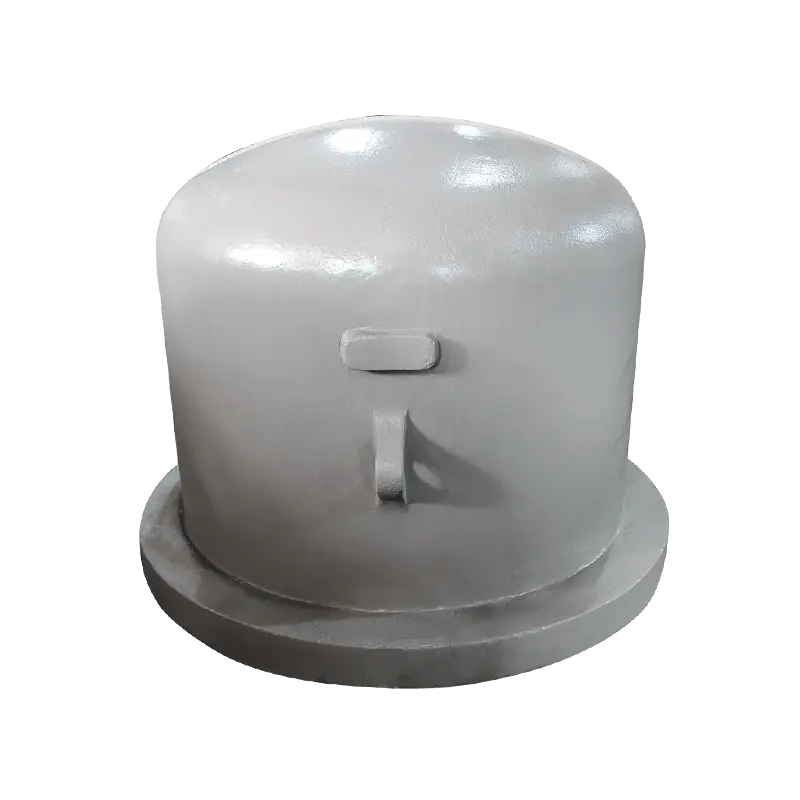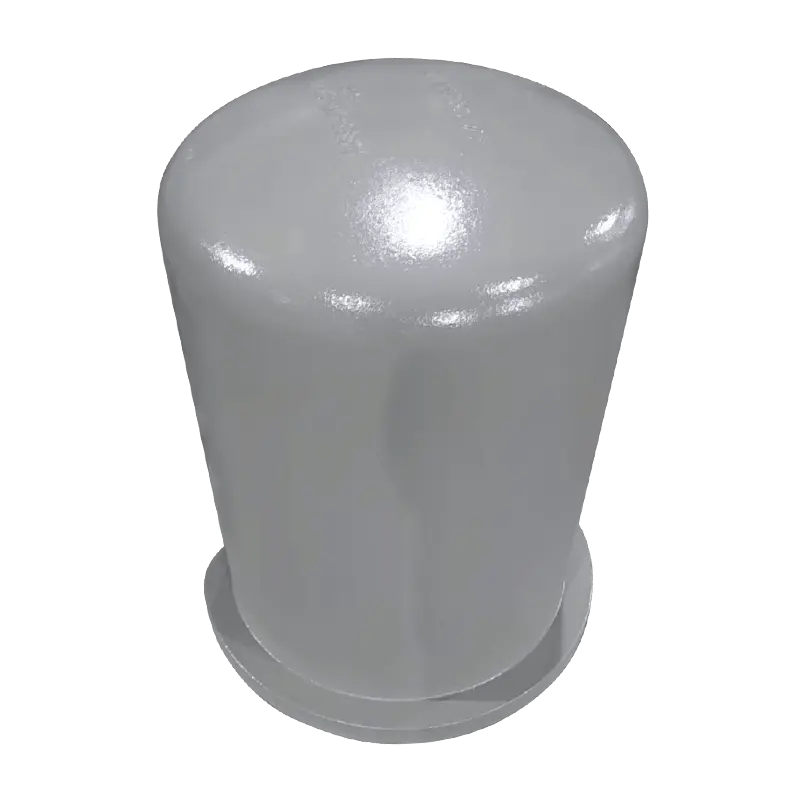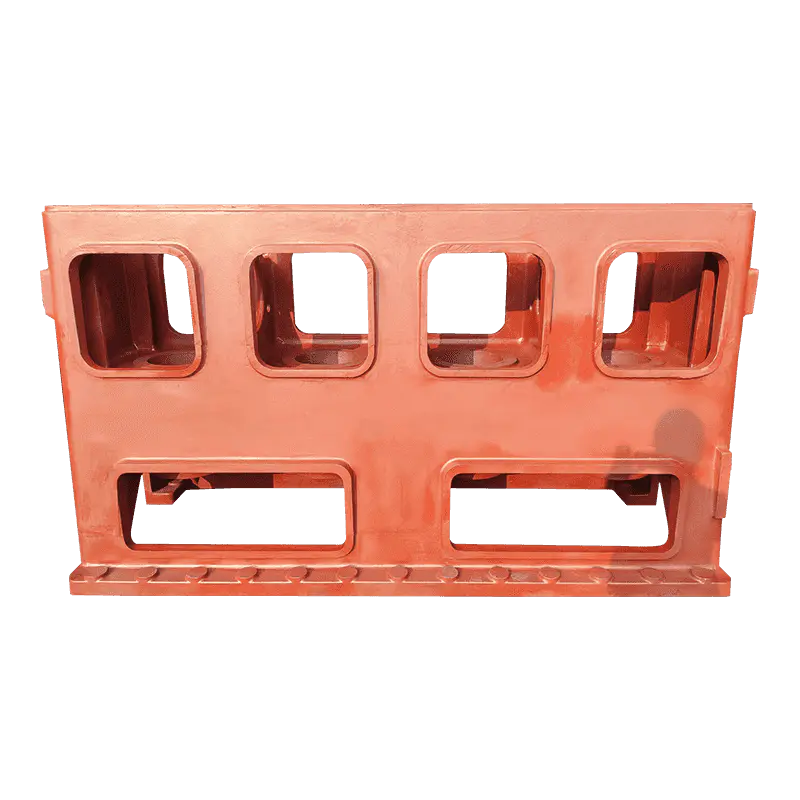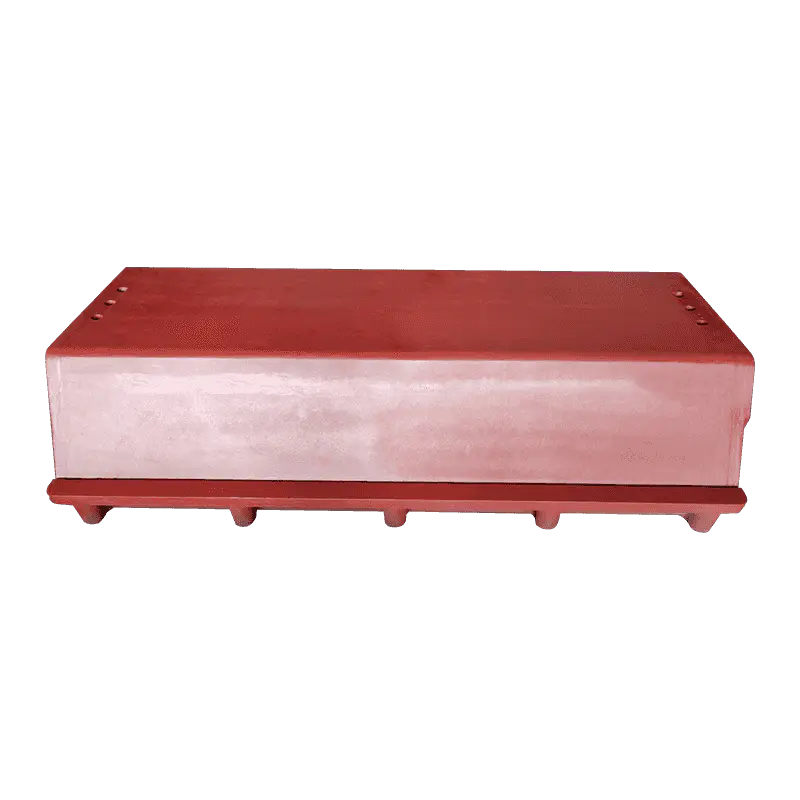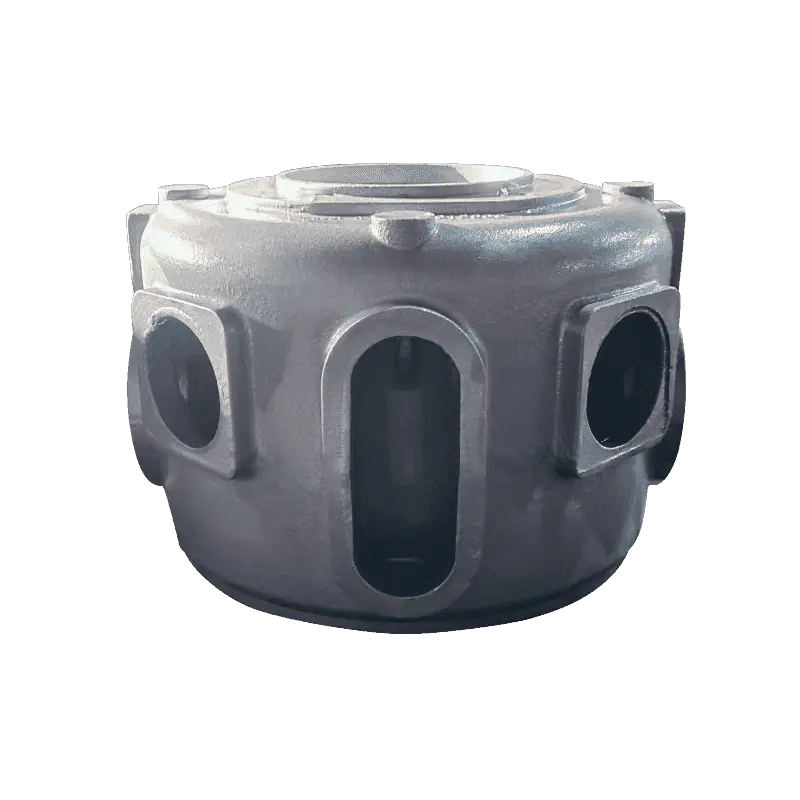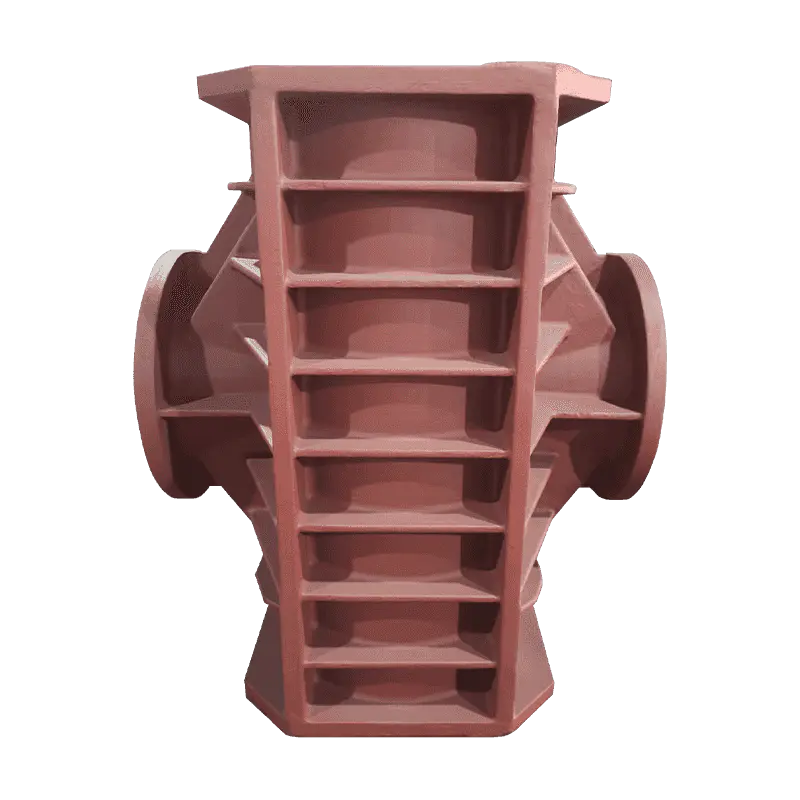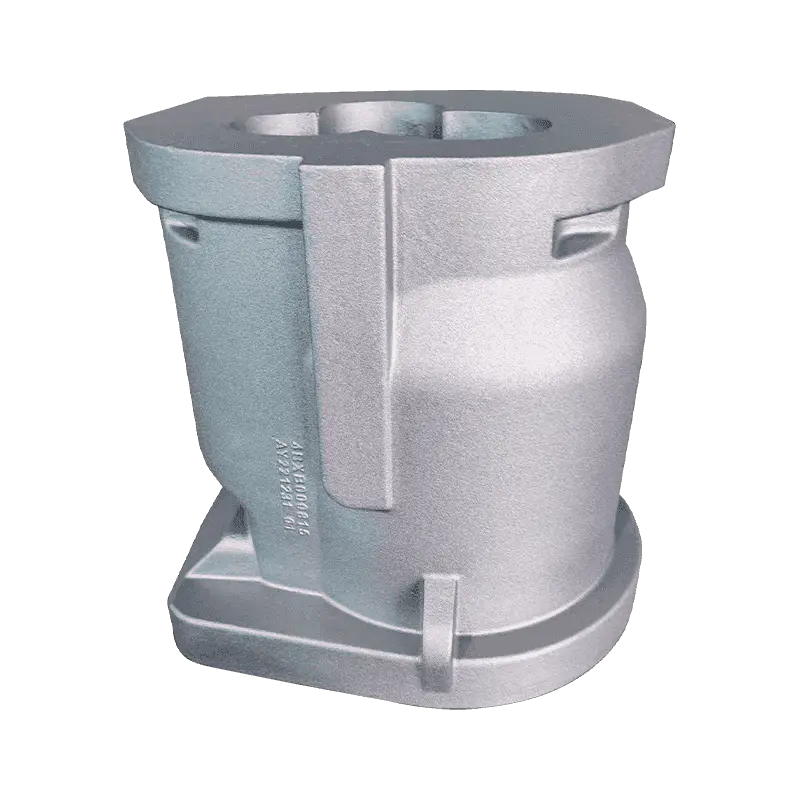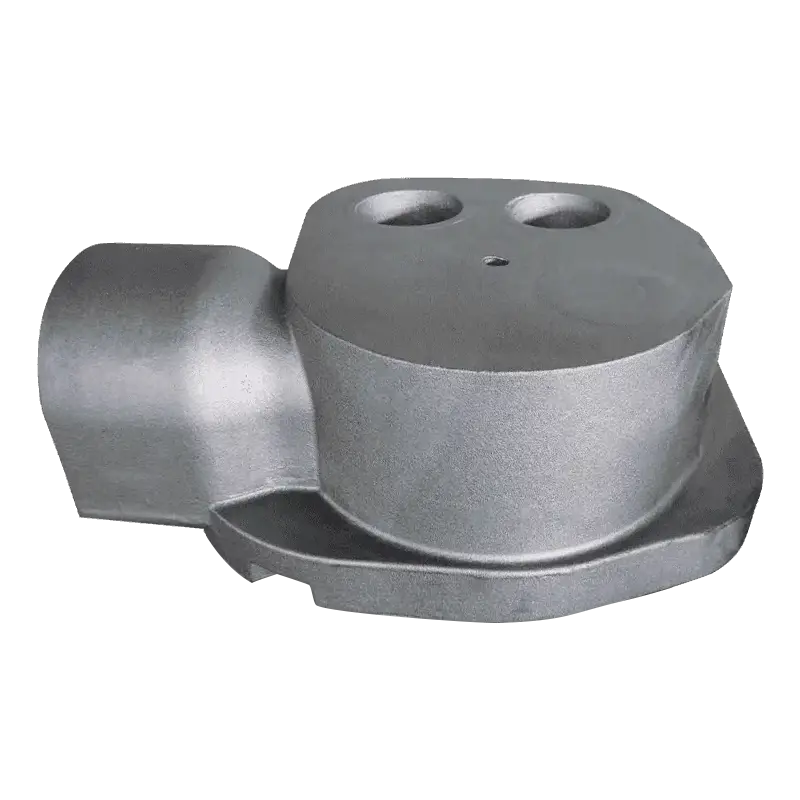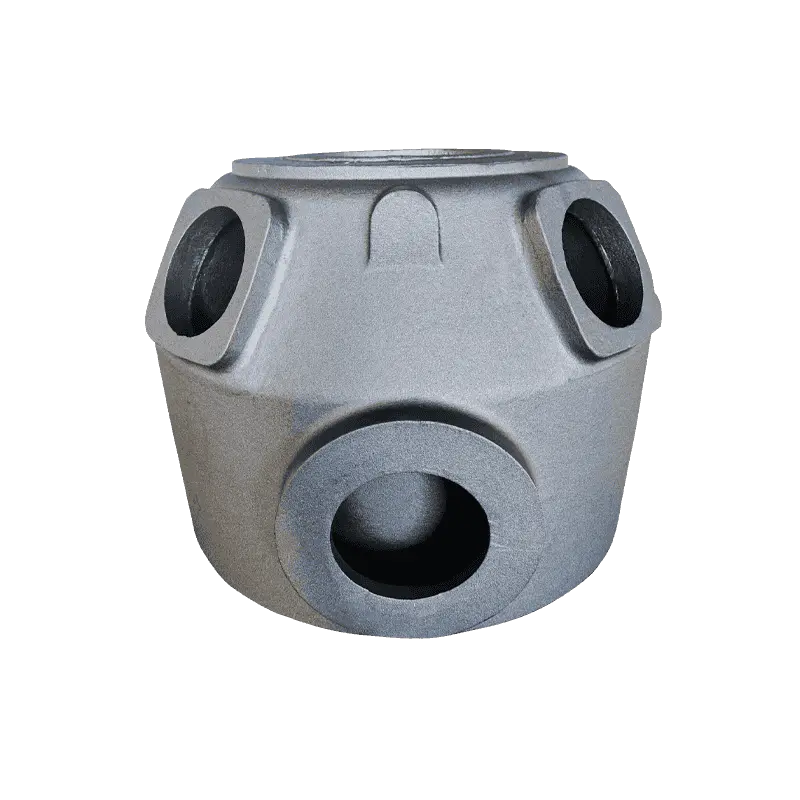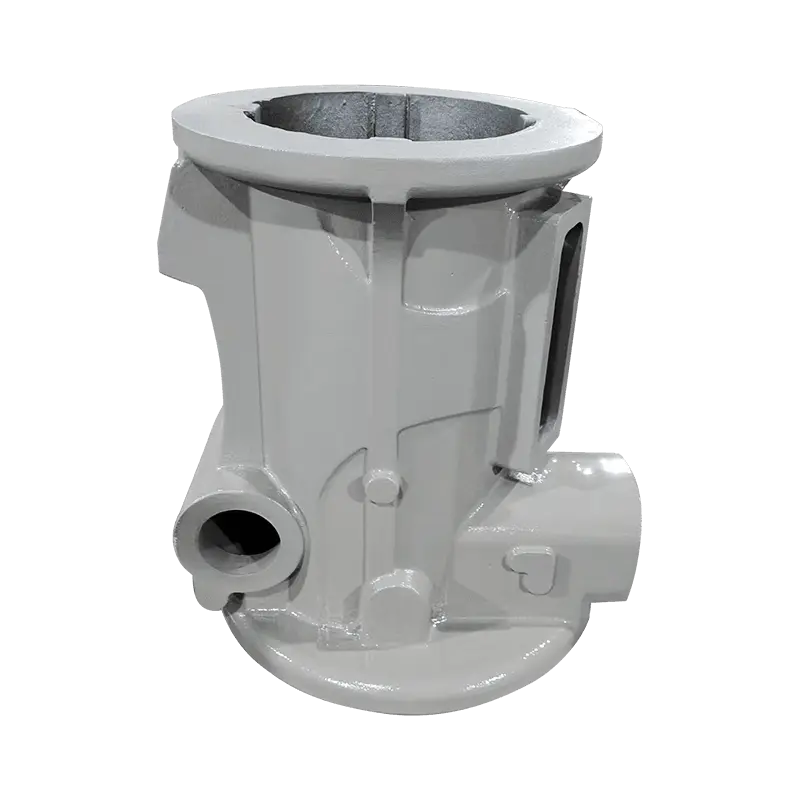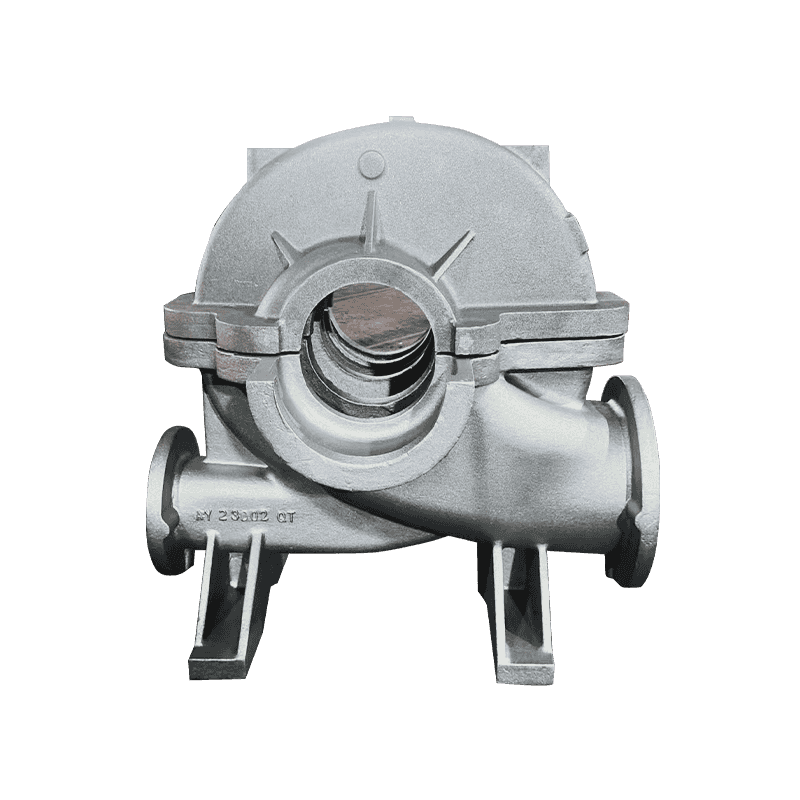The Compressor Short Oil Barrel is specifically designed to optimize the amount of oil required for the compressor’s operation. By having a more compact and precise oil reservoir, it ensures that only the necessary amount of oil is used for lubrication, eliminating excess oil consumption. In traditional systems with larger oil reservoirs, there’s often a greater risk of oil being wasted due to inefficient oil management. Compressor Short Oil Barrels reduce this waste, as they are engineered to distribute oil more effectively to the compressor components, ensuring that no excess is used and that the oil circulates properly. This conservation of oil not only reduces the consumption of raw materials but also decreases the frequency of oil changes. Consequently, it helps minimize the environmental impact associated with the production, transport, and disposal of oil, contributing to a reduction in carbon emissions related to these processes.
One of the most critical contributions of the Compressor Short Oil Barrel is its role in enhancing the overall efficiency of the compressor system. Compressors rely heavily on proper lubrication to function smoothly, and without consistent lubrication, friction and wear can increase significantly. This inefficiency forces the compressor to work harder, consuming more energy to achieve the same output. A well-maintained Compressor Short Oil Barrel ensures that the oil is supplied efficiently, maintaining the right viscosity and lubrication levels, thereby reducing friction within the compressor components. With less friction, the system operates more smoothly and requires less energy to maintain optimal performance. This decrease in energy consumption is essential for reducing the overall carbon footprint of the compressor system. In industrial applications where compressors run for extended periods, the reduction in energy use can result in significant carbon savings over time.
Another critical function of the Compressor Short Oil Barrel is its ability to regulate oil flow accurately, preventing both over-oiling and oil starvation. Over-oiling occurs when excess oil is pumped into the system, leading to energy loss as the compressor has to work harder to circulate the extra oil. This inefficiency not only leads to higher energy consumption but also results in unnecessary waste of oil. On the other hand, oil starvation, which happens when there’s insufficient lubrication, can cause excessive wear and damage to the compressor components, potentially leading to system failure and costly repairs. By maintaining the optimal oil level and flow, Compressor Short Oil Barrels ensure that the compressor operates at peak efficiency, reducing unnecessary energy consumption and wear.
By ensuring that the compressor runs smoothly with consistent lubrication, the Compressor Short Oil Barrel plays a key role in extending the lifespan of the compressor system and its components. Equipment longevity is a critical factor in reducing the environmental footprint of industrial operations. A longer-lasting compressor means fewer replacements, less waste, and reduced demand for raw materials used in manufacturing new units. By preventing excessive wear and tear due to inadequate lubrication, the Compressor Short Oil Barrel helps to avoid premature breakdowns and unplanned downtime. Longer-lasting equipment also means fewer resources are required for maintenance and repairs, thus reducing the carbon emissions associated with these processes.
The Compressor Short Oil Barrel typically incorporates advanced features, such as built-in filtration systems or specialized designs, that help maintain oil quality over extended periods of use. High-quality oil performs better at lubricating the compressor components, resulting in less friction and better efficiency. By keeping the oil cleaner for longer, these barrels reduce the need for frequent oil changes, which minimizes the amount of oil that must be disposed of and replaced. Higher oil quality prevents contamination, which can cause the compressor to operate less efficiently and degrade over time. The ability to maintain oil quality and extend oil life is beneficial not only from a cost perspective but also from an environmental one.

